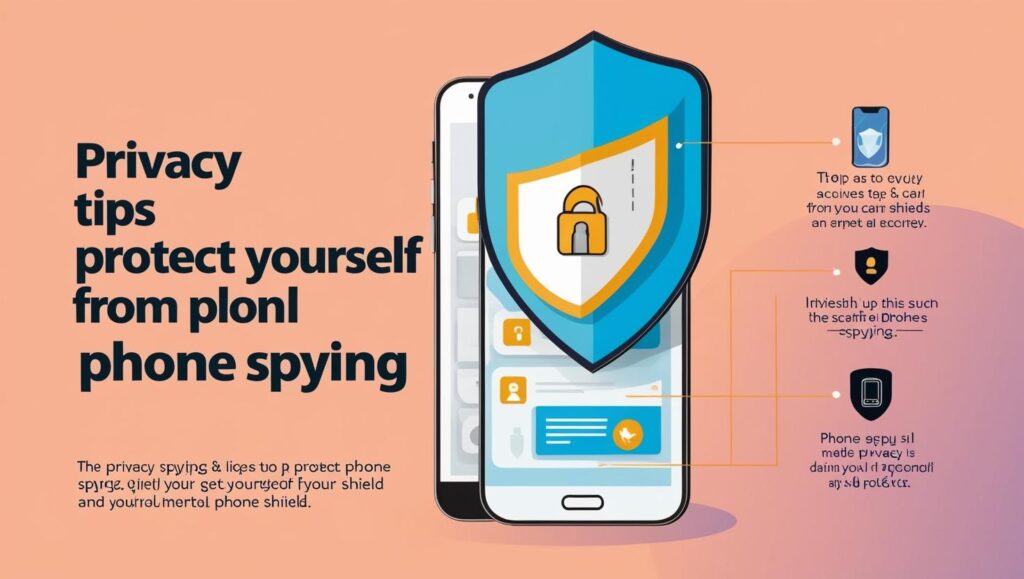In the digital age, smartphones have become indispensable tools, seamlessly integrating into our daily lives. However, with convenience comes the growing concern over privacy. Many users are left wondering if their devices are silently spying on them, collecting data unbeknownst to them. In this article, we delve into the reality of phone surveillance and offer practical tips to safeguard your personal information.
Is Your Phone Spying? Unveiling Privacy Concerns
The convenience of smartphones often comes with a hidden cost: the potential for invasive surveillance. Modern smartphones are equipped with various sensors and apps that can collect a vast amount of data, ranging from location information to browsing habits. This data collection is primarily driven by businesses aiming to deliver personalized services, but it has also raised significant privacy concerns. Consumers are increasingly questioning the extent to which their phones are monitoring their activities and what happens to the data collected.
Furthermore, the proliferation of smart assistants and apps with access to microphones and cameras exacerbates these concerns. While these features offer incredible functionality, they also open up avenues for potential abuse. Reports of apps listening to conversations or tracking users without consent have fueled fears of omnipresent digital eavesdropping. In reality, while such occurrences are less common, the potential for misuse remains a legitimate worry.
Adding to the complexity is the opaque nature of data policies. Often buried in lengthy terms and conditions, these policies are neither transparent nor user-friendly, leading many to inadvertently consent to data collection practices they are unaware of. The question of whether your phone is spying on you is not merely about what happens on your device but also about how well-informed you are regarding these practices. As awareness grows, so does the demand for more stringent data protection measures.
Privacy Tips: Protecting Your Data from Snooping
To safeguard your privacy, start by scrutinizing the permissions granted to apps on your device. Regularly review the permissions settings to ensure that apps have access only to the data necessary for their function. For example, a weather app shouldn’t require access to your microphone. By limiting permissions, you reduce the risk of unnecessary data collection.
Consider using privacy-focused apps and services that prioritize user confidentiality. Web browsers like DuckDuckGo or search engines like Startpage offer alternatives to mainstream options while ensuring minimal data tracking. Additionally, enabling features like app permissions monitoring and regularly updating your device software can patch security vulnerabilities that could be exploited for data collection.
Another effective method is to adjust your privacy settings for social media and other online platforms. Limit the amount of personal information shared publicly and be cautious with app integrations that request access to your social media accounts. Utilize features like two-factor authentication and regularly update passwords to add an extra layer of security. Ultimately, staying informed and proactive is key to protecting yourself from digital snooping.
As technology continues to evolve, so too does the landscape of digital privacy. While the fear of phones spying on users is not unfounded, taking pragmatic steps to secure your device can mitigate many of these risks. With an informed approach and an emphasis on personal data protection, you can enjoy the benefits of modern technology without compromising your privacy.


